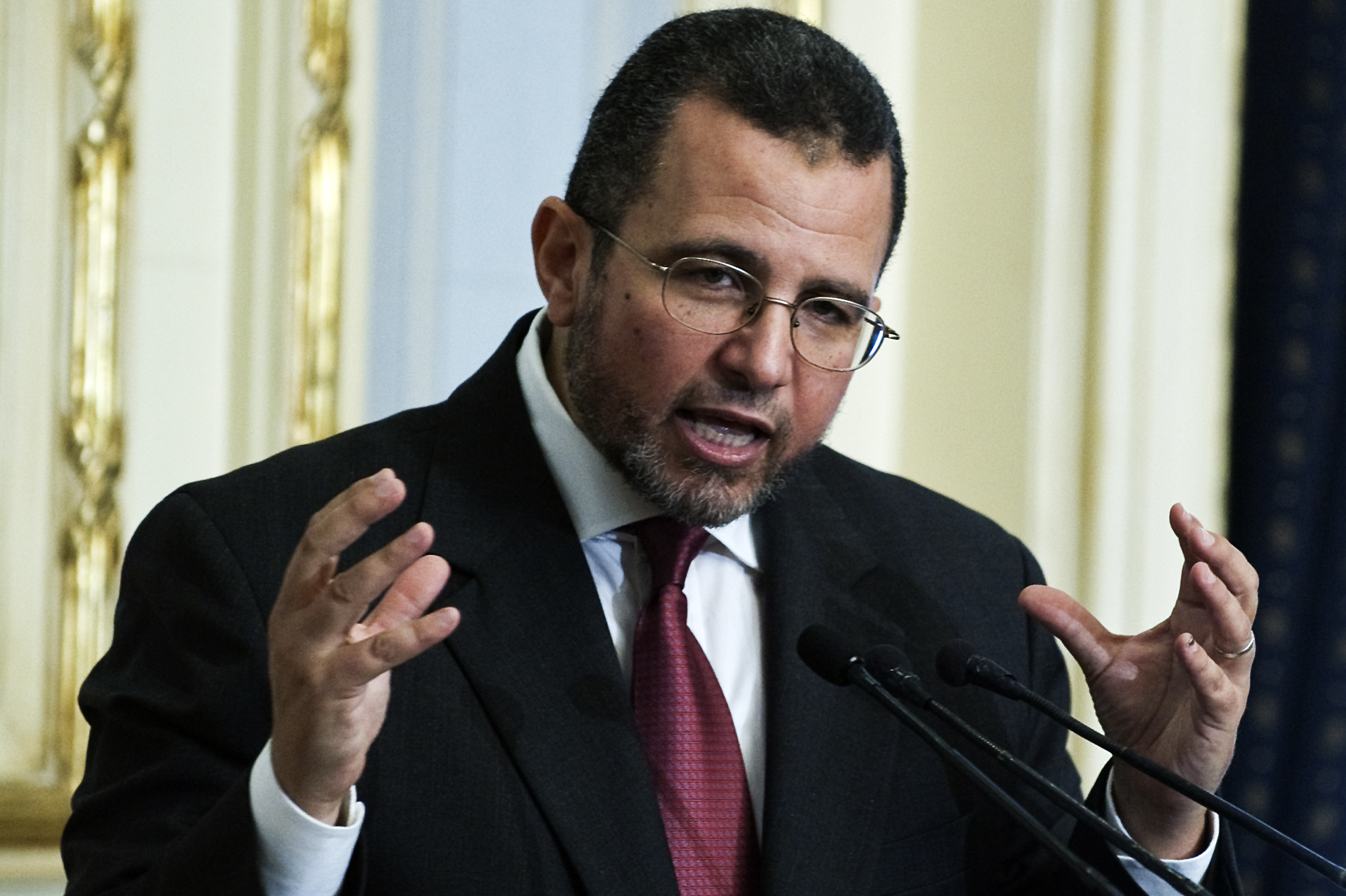According to former president of the State Council, Hamed El-Gamal, at least EGP 1bn could go to waste if the government proceeds with the parliamentary elections, despite legal challenges to the elections laws and the division of electoral districts. El-Gamal argued that parliamentary elections should be annulled or postponed during this period.
“If the court proceeds with the elections amid the current situation, the next parliament will be constantly threatened with dissolution due to its flawed basis,” El-Gamal said in comments to Daily News Egypt.
El-Gamal believes the most controversial law is the one issued last December by President Abdel Fattah Al-Sisi regarding the division of constituencies. The division was based on the state’s project to redraw the borders of some governorates, even though a law that defines those borders was not officially passed by the state.
Meanwhile, the Supreme Electoral Commission (SEC) had stated that the court has 20 days to issue decisions on all legal appeals filed regarding the unconstitutionality of political laws. The deadline was due Wednesday, but the Supreme Constitutional Court postponed it to Sunday.
Furthermore, the Administrative Court, which is in charge of looking into appeals on or by candidates regarding their nomination for the elections, was also supposed to issue a final verdict Wednesday, but pushed it to Sunday. The postponement was caused by a setback in the registration procedures, as SEC extended the deadline for candidates to complete their application by two days.
As a result of closing candidate registration on 19 February instead of 17 February, the names of the candidates approved by SEC were announced Tuesday, later than expected, which also contributed to further postponing court appeals.
The Supreme Constitutional Court will give its final say on the matter Sunday. In case the court rules the unconstitutionality of parliamentary laws, elections will have to be postponed until amendments are made and included, and the entire process will start over.
Mohamed Moussa, spokesperson for the Conference Party, admitted in comments to Daily News Egypt following Wednesday’s court decision that the division of electoral districts, according to current parliamentary laws, is discriminatory and unfairly representative. “They need revision,” he said.
Moussa also pointed out that political parties should seize the opportunity of the current situation, as it is a good opportunity for political parties to properly establish themselves and prepare for the elections, settle conflicts with each other, and aim for a more united parliamentary coalition.
Meanwhile, Salah Abdel-Maboud, a leading member in the Salafi Al-Nour Party, said in statements to Daily News Egypt that the party will continue its preparations for the elections and will respect the decision of the court.
The party is the only Islamist entity that will be running in the elections. So far, it is competing with four major lists in all the electoral districts of the country. The party emphasised the importance of continuing the election, as it is the last and most important pillar on the roadmap that President Al-Sisi promised following the 30 June protests.


